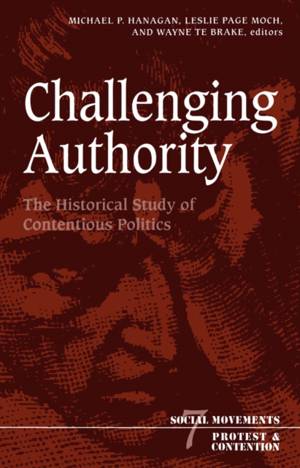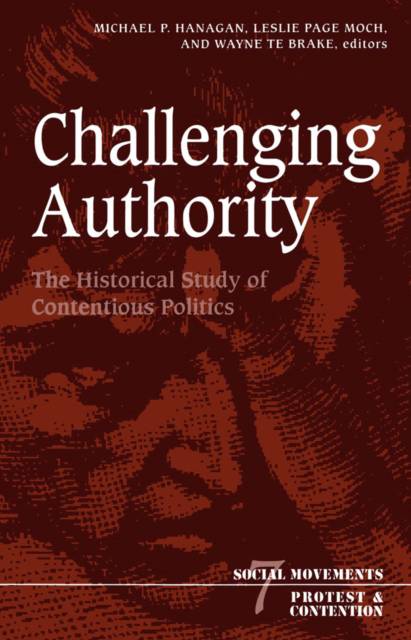
- Retrait gratuit dans votre magasin Club
- 7.000.000 titres dans notre catalogue
- Payer en toute sécurité
- Toujours un magasin près de chez vous
- Retrait gratuit dans votre magasin Club
- 7.000.000 titres dans notre catalogue
- Payer en toute sécurité
- Toujours un magasin près de chez vous
Description
As long as there have been formal governments, there has been political contention, an interaction between ruler and subjects involving claims and counterclaims, compliance or resistance, cooperation, resignation, condescension, and resentment. Where political studies tend to focus on either those who rule or those who are ruled, the essays in this volume call our attention to the interaction between these forces at the very heart of contentious politics.
Written by prominent scholars of political and social history, these essays introduce us to a variety of political actors: peasants and workers, tax resisters and religious visionaries, bandits and revolutionaries. From Brazil to Beijing, from the late Middle Ages to the present, all were or are challenging authority.
The authors take a distinctly historical approach to their subject, writing both of specific circumstances and of larger processes. While tracing their origins to the social history and structural sociology approaches of the sixties and seventies, the contributors have also profited from subsequent critiques of these approaches. Taken together, their essays demonstrate that the relationship between mobilization for collective action and identity formation is a perennial problem for protest groups-a problem that the historical study of contentious politics, with its focus on political interaction, can do much to explain.
Contributors: Risto Alapuro, U of Helsinki; Anton Blok, U of Amsterdam; William Christian; Sonia De Avelar; Roger V. Gould, U of Chicago; Marifeli Pérez-Stable, SUNY, Old Westbury; Robert M. Schwartz, Mount Holyoke; Marc W. Steinberg, Smith College; Carl Strikwerda, U of Kansas; Sidney Tarrow, Cornell U; Marjolein 't Hart, U of Amsterdam; Charles Tilly, Columbia U; Kim Voss, U of California, Berkeley; Andrew Walder, Stanford U; R. Bin Wong, U of California, Irvine.
Spécifications
Parties prenantes
- Auteur(s) :
- Editeur:
Contenu
- Nombre de pages :
- 320
- Langue:
- Anglais
- Collection :
- Tome:
- n° 7
Caractéristiques
- EAN:
- 9780816631094
- Date de parution :
- 01-10-98
- Format:
- Livre broché
- Format numérique:
- Trade paperback (VS)
- Dimensions :
- 149 mm x 227 mm
- Poids :
- 408 g







